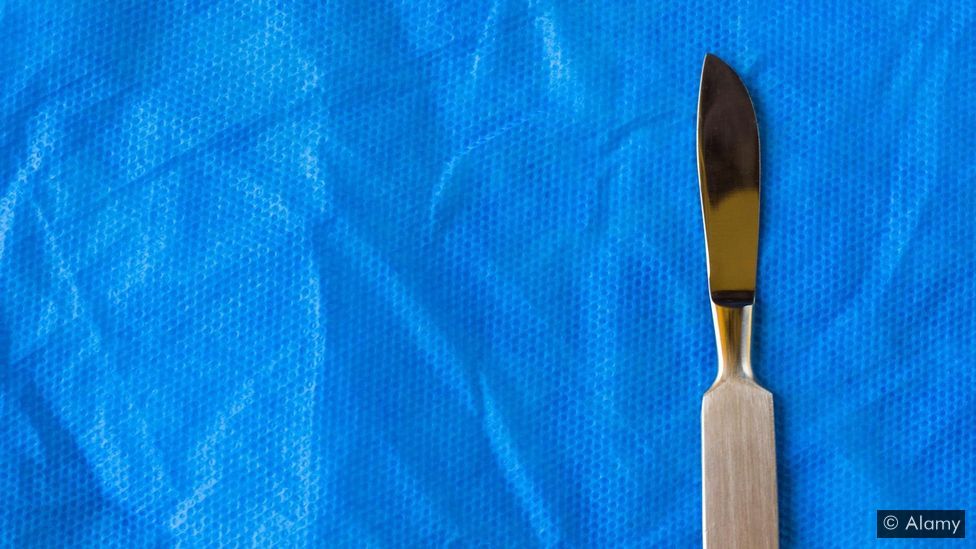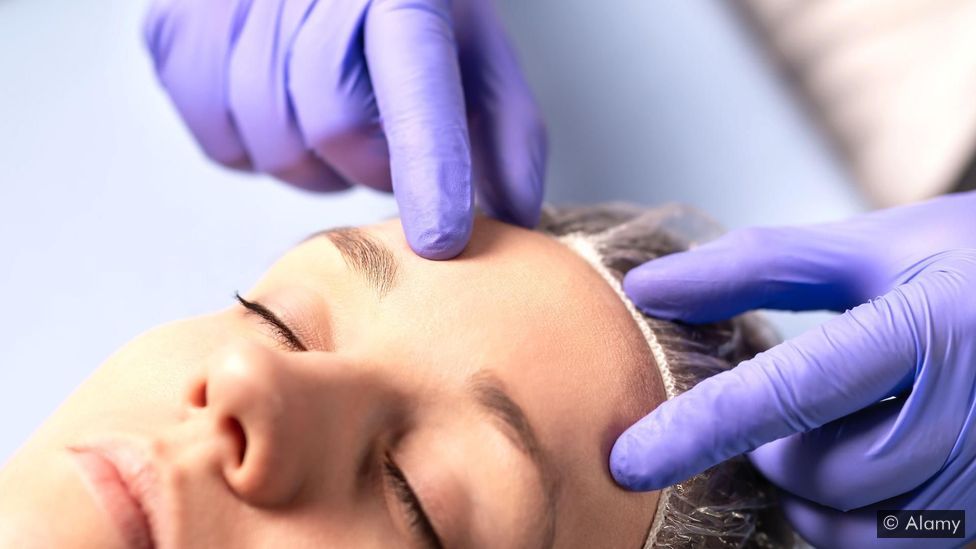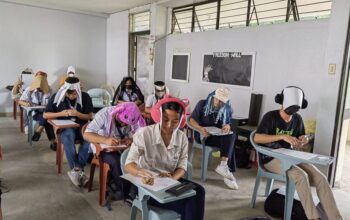Lockdown and remote work have meant hours of staring at our own faces on video calls – and prompted interest in going under the knife.
By Sally Meeson for BBC
As much as we may now be trained to sit on video calls and stare at our colleagues through a computer screen, many of us find ourselves constantly distracted during our daily huddles and meetings. It’s not the dog barking in the background, or the roommate making lunch over someone’s shoulder – it’s the sight of our own faces.
And the longer that video thumbnail stares back at us, the more we start to notice things. Were those crow’s feet there before lockdown? Did my nose suddenly get bigger? Is one eyebrow higher than the other?


It’s little surprise that after months of conducting conversations via video call, many of us have started to analyse – and criticize – our appearances more. Cosmetic doctors and plastic surgeons around the world – Australia, the US, the UK, Japan, South Korea – have reported surges in bookings for surgical and non-surgical treatments following lockdown. It’s being referred to as the ‘Zoom Boom’.
Advertisement
There are many myths out there…
“‘Lockdown Face’ has become a thing,” says Ashton Collins, director of Save Face, a UK government-approved register of accredited cosmetic practitioners. “We were inundated with queries saying, ‘I’ve noticed that my frown line is terrible, that my lips need doing, or my nose is crooked’.” Since the UK lockdown began in March, Save Face has seen a surge of 40% more traffic to its website, with people researching treatments, then going onto the register to find local practitioners.
What is it about pandemic video calls that have us scrutinising our every feature – and just how rational is it? Read more from the BBC.
Follow “News Without Politics” to get updates on more amazing health, wellness and culture news and work staycations without media bias.
Stay informed from the best unbiased news source: newswithoutpolitics.com







